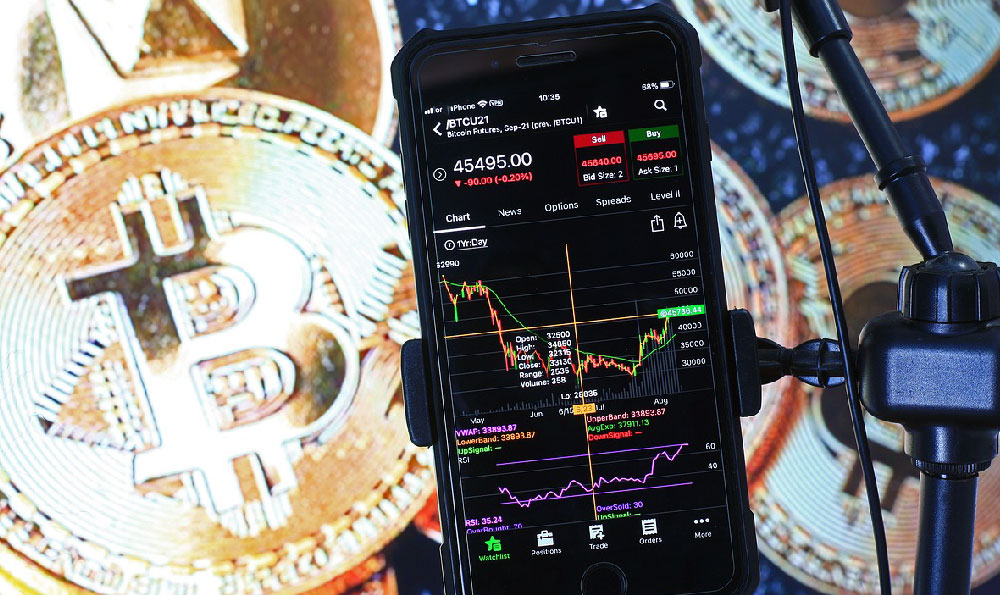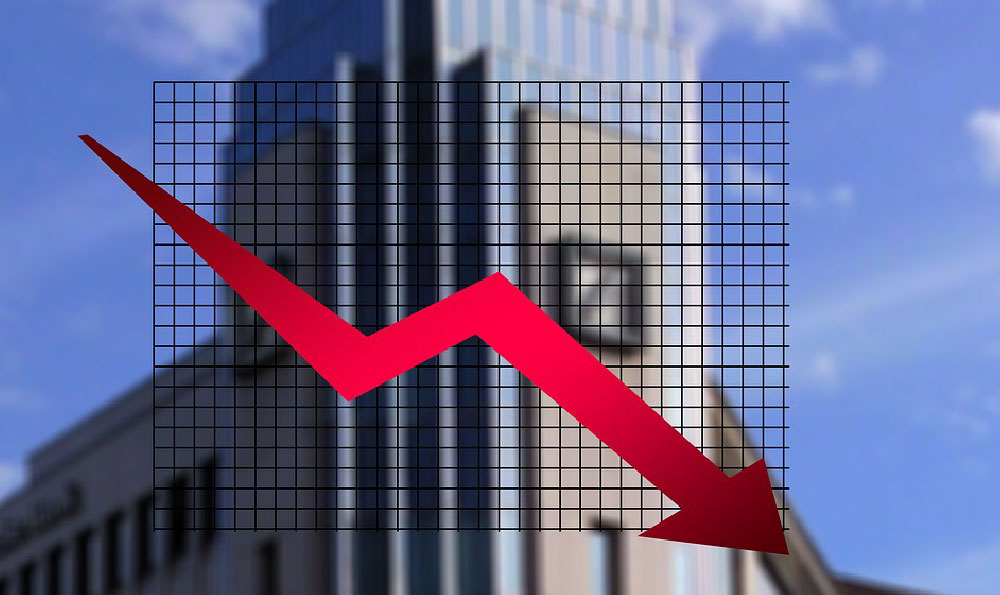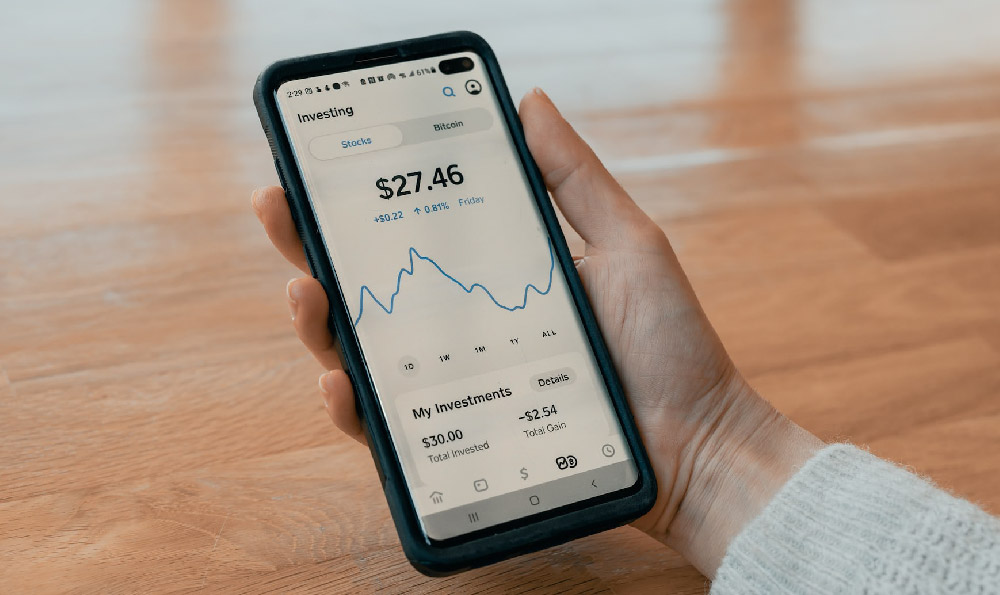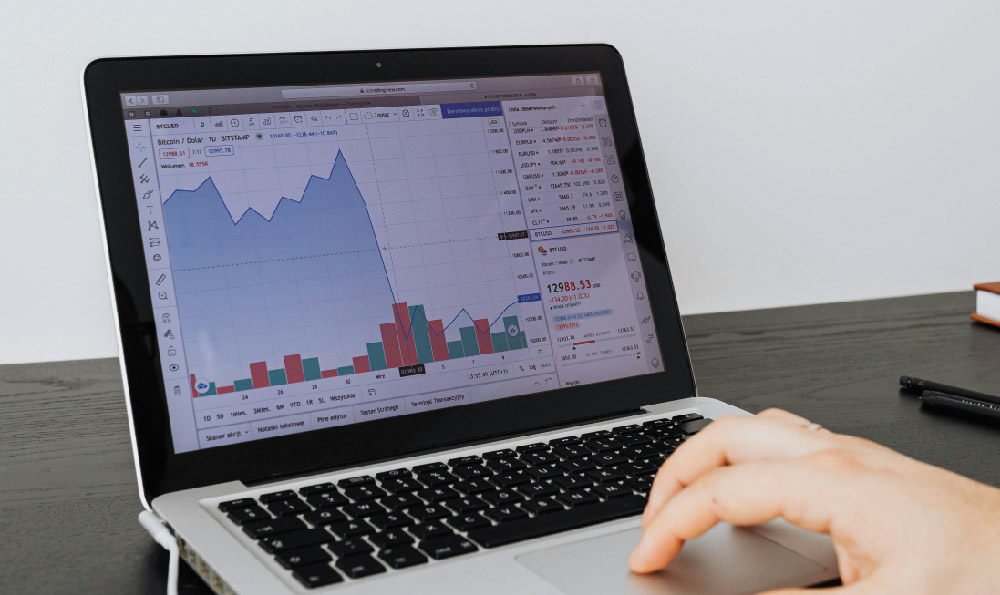
Okay, I'm ready. Here's an article addressing the profitability of Forex trading, keeping in mind your specific requirements:
Is Forex Trading a Path to Riches or a Road to Ruin? Unveiling the Truth About Currency Trading Profitability
The allure of Forex trading is undeniable. Images of traders working from exotic locations, rapidly multiplying their capital through shrewd currency bets, permeate popular culture. But can currency trading really make you money? Is Forex trading truly profitable for the average individual, or is it a game rigged against the retail trader? The answer, as with most investment ventures, is complex and nuanced. It's not a simple "yes" or "no," but rather a carefully considered "it depends."

Let's first dispel the myth of effortless riches. The Forex market, a decentralized global marketplace where currencies are traded, is the largest and most liquid financial market in the world. This sheer size and volatility, while offering tremendous opportunities, also present significant challenges. The market operates 24 hours a day, five days a week, constantly influenced by a myriad of factors ranging from macroeconomic data releases to geopolitical events, central bank policies, and even unexpected news headlines. Successfully navigating these turbulent waters requires a deep understanding of these influences and the ability to react quickly and decisively.
One of the primary reasons why Forex trading is often perceived as a get-rich-quick scheme is the availability of high leverage. Leverage allows traders to control a large position with a relatively small amount of capital. For example, a leverage ratio of 50:1 means a trader can control $50,000 worth of currency with just $1,000 in their account. While leverage can amplify potential profits, it also dramatically magnifies potential losses. A small adverse movement in the market can quickly wipe out a trader's entire investment if they are not careful. This is why proper risk management is absolutely crucial in Forex trading.
The profitability of Forex trading hinges on several key factors, starting with the trader's knowledge and education. A solid understanding of technical analysis, fundamental analysis, and market sentiment is essential. Technical analysis involves studying price charts and using indicators to identify patterns and predict future price movements. Fundamental analysis involves analyzing economic data, news events, and political developments to assess the intrinsic value of a currency. Market sentiment involves gauging the overall mood and attitude of traders towards a particular currency. Without a firm grasp of these concepts, a trader is essentially gambling, not investing.
Beyond theoretical knowledge, practical experience is equally important. Demo accounts, offered by most Forex brokers, provide a risk-free environment to practice trading strategies and get a feel for the market dynamics. Spending time experimenting with different approaches, analyzing past trades, and learning from mistakes is vital for developing a profitable trading strategy. It allows traders to refine their skills without putting their capital at risk.
Another crucial element is a well-defined trading plan. This plan should outline specific trading strategies, risk management rules, and profit targets. It should also include clear entry and exit points for each trade, as well as a stop-loss order to limit potential losses. Sticking to a trading plan, even when emotions are running high, is essential for maintaining discipline and avoiding impulsive decisions. Emotional trading, driven by fear or greed, is a common pitfall that can quickly lead to losses.
Furthermore, choosing the right Forex broker is a critical decision. Reputable brokers offer competitive spreads (the difference between the buying and selling price of a currency pair), reliable trading platforms, and excellent customer support. It's important to research different brokers, compare their offerings, and read reviews before making a decision. Also, ensure the broker is regulated by a reputable financial authority, which provides a level of protection for traders.
The time commitment required for successful Forex trading should not be underestimated. It's not a passive income stream that can be generated with minimal effort. Successful traders dedicate a significant amount of time to researching the market, analyzing charts, and monitoring their positions. They also stay informed about economic news and political developments that could impact currency values.
Ultimately, the profitability of Forex trading boils down to a combination of knowledge, experience, discipline, risk management, and a bit of luck. While it's possible to make money trading currencies, it's not a guaranteed path to riches. Many aspiring Forex traders lose money, often due to a lack of preparation, unrealistic expectations, and poor risk management.
Before venturing into the world of Forex trading, it's crucial to conduct thorough research, educate yourself on the intricacies of the market, and develop a solid trading plan. Treat it as a serious business, not a get-rich-quick scheme, and be prepared to dedicate the time and effort required for success. Understand that losses are inevitable, and learn from them. Only then can you realistically assess whether Forex trading is a profitable endeavor for you. Remember that past performance is not indicative of future results, and any trading strategy carries inherent risks. Consider consulting with a qualified financial advisor before making any investment decisions. The Forex market offers opportunities, but it also demands respect and a cautious approach.





